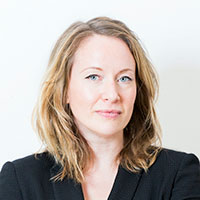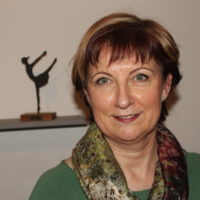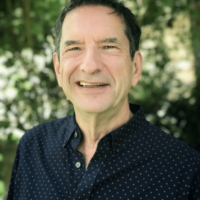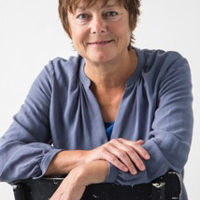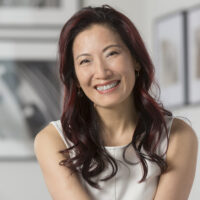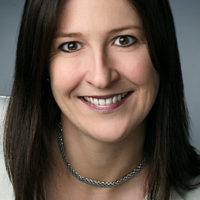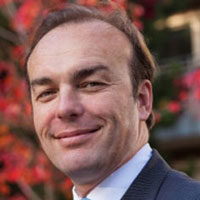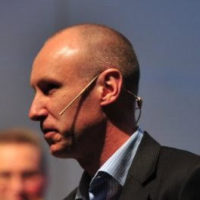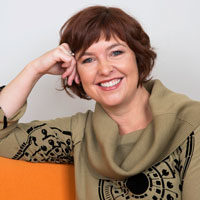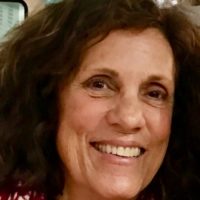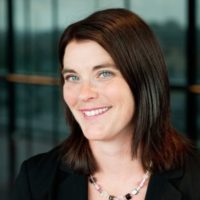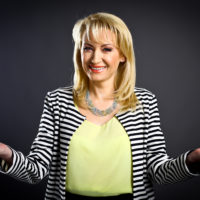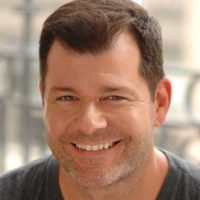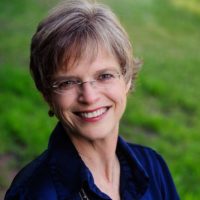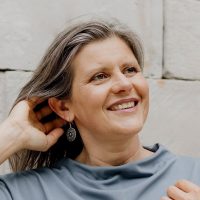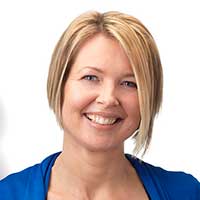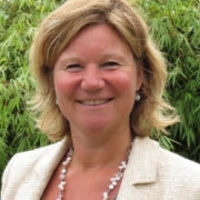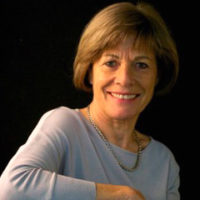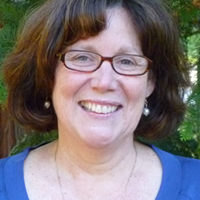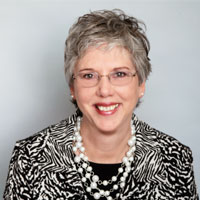I’ve just returned from a week at Chautauqua, NY and what a great week it was. The lecture platform during Chautauqua’s 9-week season is stellar and this particular week was no exception. The week’s theme was “The Lehrer Report: What Informed Voters Need to Know,” with a focus on the 2012 U.S. presidential elections. Jim Lehrer of the PBS Newshour moderated the civil discourse between various high-profile political analysts, commentators, and pollsters. The week was informative, stimulating, clarifying, and thought provoking.
While there were certainly differing opinions expressed by Mr. Lehrer’s guests, one of the themes that kept showing up was serious concern over the loss of a strong sense of community in America. This concern was expressed particularly in response to questions about the stark polarization between conservatives and liberals among both politicians and citizens.
Several speakers from both sides of the political and social divide observed that we as a society now tend to spend most of our time and engage in conversation only with people who are like us and who will affirm our own opinions and beliefs. We tend to not engage with people who we perceive to be different from us. The speakers observed that, as a culture, we tend to make assumptions and form opinions based on political or religious affiliation, ethnicity, or economic status, without actually getting to know the individual. We have moved into very defined camps and lost the sense of “we’re all in this together.”
When asked how we could move beyond this polarization, pollster Whit Ayers suggested that we first needed to make a clear distinction between “opponent” and “enemy”—that just because someone may have another opinion about something doesn’t automatically mean that they are the enemy. They just have a different opinion or perspective. This distinction was voiced over and over again as the week went on.
I admit I have been guilty of all of the above at one time or another, especially when the topic is something I feel strongly about. I would venture to say that very few of us could honestly say that we always look for the humanity in others before we consider their opinions and beliefs. Meeting others first within the context of opinions and beliefs, too often we fail to recognize the human heart within them, the story behind their circumstance, the walk they have walked.
So what can we do about this? What simple yet powerful steps can we take starting today that could lead to a different way of being together five years from now?
What I am about to propose are really simple things – ideas that are probably not new, yet are easily forgotten. And the truth is that the simplest things often make the most profound difference. Indeed, shifting fundamental ways of being with one another is the only thing that can, in the end, lead to lasting change.
A fundamental building block of any society is the relationships between individuals within the society – how they view one another and how they engage with one another. Below are several approaches that can start to make a difference in our social fabric. The concepts themselves are simple; living the concepts may take some discipline and commitment.
1) Dare to expand your circle of acquaintances. Step forward and engage someone without knowing anything about them – especially their political or religious views. You don’t have to become best friends. In fact, you may never see them again. Yet you can engage them as another human being who is in the midst of their own learning and development just like you are. A teacher of mine used to say that we all have the same 100 lessons to learn, but we’re all learning different lessons at different times.
2) Be genuinely curious, and then really listen when the other person responds to your curiosity. Give them the gift of being seen and heard as a human being of value and worth. This is one of the most powerful gifts we can give to one another, yet a gift that is too rarely shared in our society.
3) Treat all people as if you have something to learn from them. Look for what they do really well. Find something to admire about them right away and build your relationship from there. Resist the temptation to make quick assumptions. Focus on discovery rather than on judgment. Every person has a heart, people they love, things they care about, favorite places to go, and dreams for the future.
4) Look for a value that you share in common – something that is important to both of you – and keep your conversation on common ground long enough to establish at least some level of connection. Then if differences between you begin to surface, you have already established a foundation of shared values and trust that can support your relationship rather than feed your disagreement. You are more likely to be able to continue in a spirit of civil discourse rather than heated argument.
5) Recognize that who you are is much more than your opinions and your beliefs. Your opinions and beliefs are just parts of you, but there is much more. The same is true for everyone you encounter.
6) Meet others from your heart first and from your intellect second. Your heart is very wise. It can operate from a place of discernment rather than judgment. It can tell you whether or not you are safe and how to proceed in integrity and authenticity, all the while operating from a place of compassion.
Imagine if just before a vote were taken in Congress or in any organization, or before a decision was made within a business or corporation, the leader asked that every person place one hand on someone else’s shoulder, and then vote with the other hand. In tension-filled votes, hands would remain on shoulders until the vote was completed. Perhaps this would bring a greater sense of “we’re all in this together.” Perhaps this could serve as a reminder that there are human considerations to be made, and that in the end, we are, in fact, “all in this together.”
Fundamentally, each of us has one of two stories that we live by – either that everything is connected, or that everything is separate – that someone else is like you or that they are not like you. Of course this is a generalization, but at the very bedrock of our beliefs about how life works you will find one of those two stories. Think about it. Be honest with yourself. Which is your fundamental story? And then consider these questions:
- How has that story served you in the past?
- How does that story serve you now?
- What story do you choose to live going forward?
Years ago, Diana Ross made the Ashford/Simpson song that begins, “Reach out and touch Somebody’s hand, Make this world a better place If you can” a big hit. Simple ideas. Things we’ve all heard before. Perhaps even considered naïve. What if we actually lived them?
If you enjoyed this blog post and find it helpful or inspiring, I invite you to subscribe to my free weekly newsletter by clicking here.


